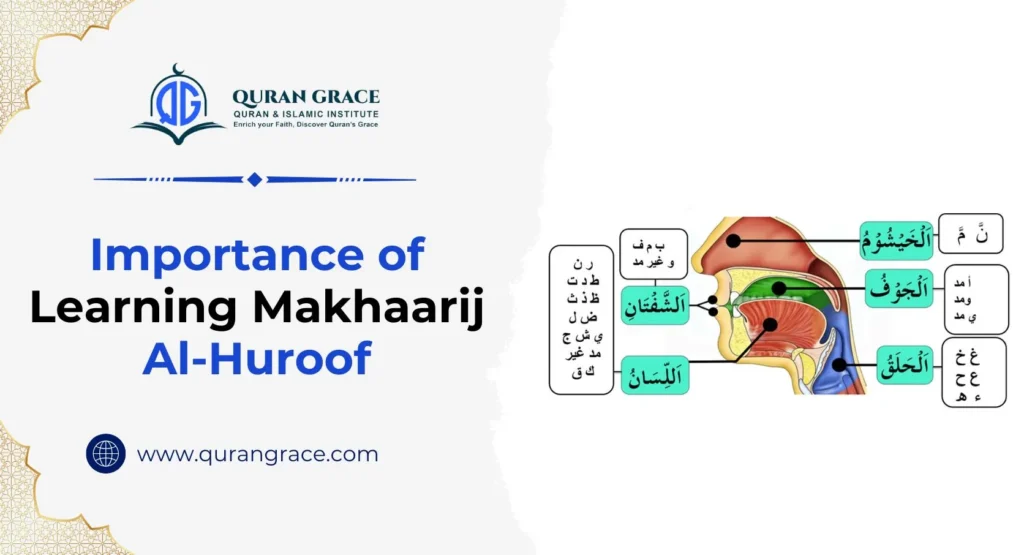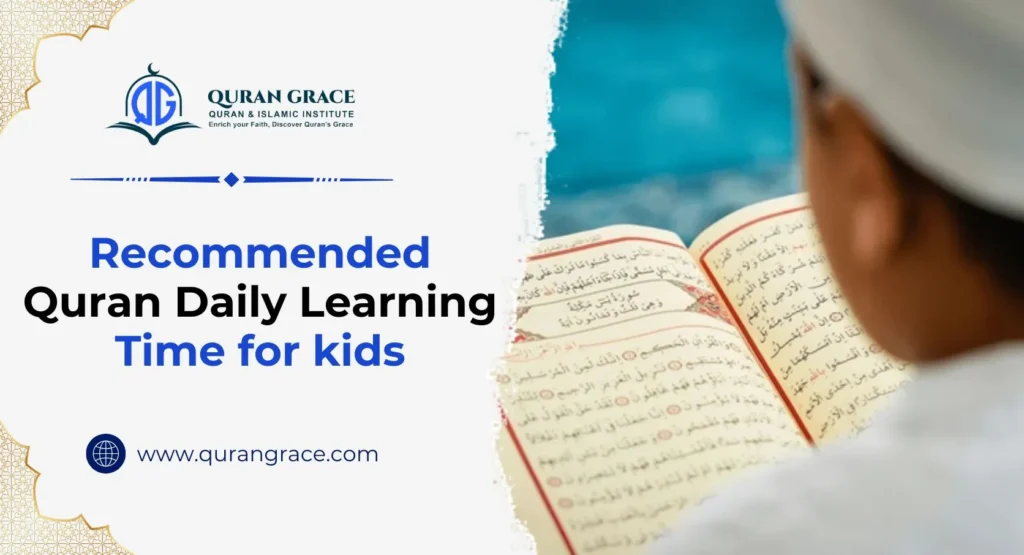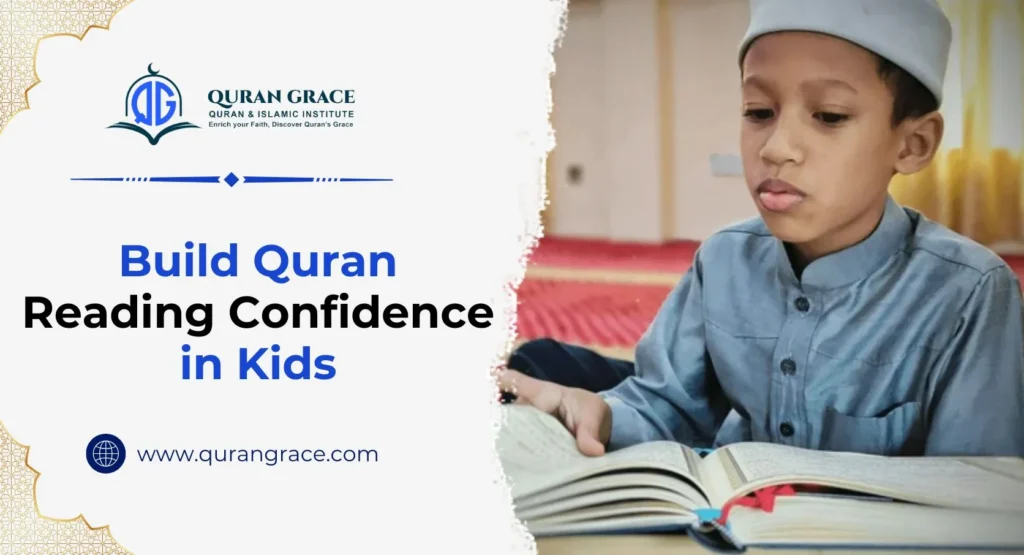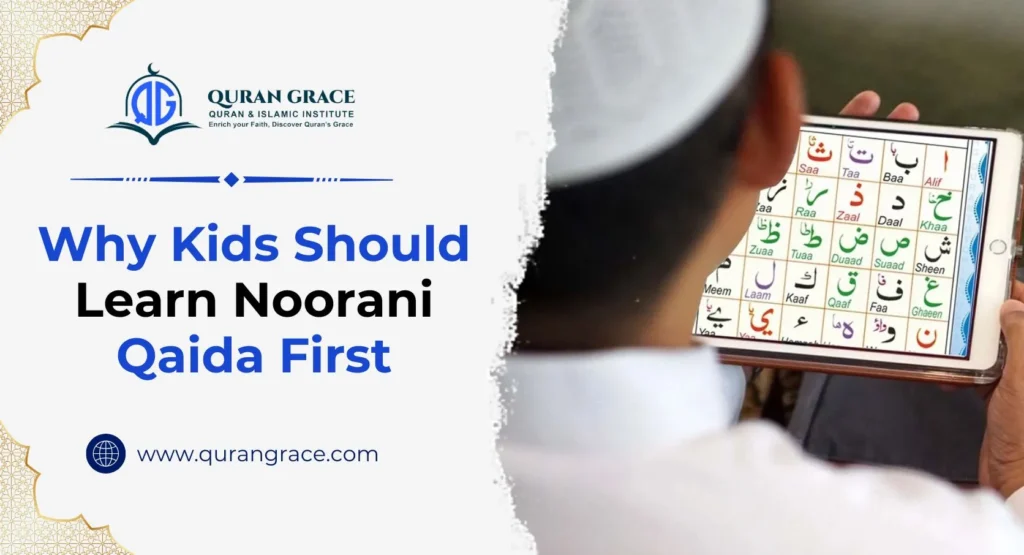Understanding the Quran word by word is a dedicated task that requires patience and perseverance. By exploring each Arabic term, learners gain deeper insight into the vocabulary, grammar, and pronunciation essential for grasping the true essence of Allah’s words. Studying translations and contextual meanings further enhances comprehension, while Tafseer provides a broader understanding of divine messages. Engaging in structured learning, such as Quran classes, ensures guidance from experienced egyptian quran teachers. With consistency and commitment, one can gradually internalize the Quran’s wisdom, making it a source of enlightenment in everyday life.
Table of Contents
ToggleGuide to Understanding the Quran Word by Word
Here are some tips to learn to read the quran word by word perfectly.
1. Understanding the Vocabulary of the Quran
To gain a deep understanding of the Quranic text, it is crucial to familiarize yourself with its vocabulary on a word-by-word basis. Although this process can be time-consuming, beginning with the most frequently used words can significantly aid comprehension. By focusing on these common terms, you will build a solid foundation that enhances your overall understanding of the Quran.
2. Understanding Arabic Grammar and Morphology
Arabic grammar plays a crucial role in conveying the meanings of words and sentences accurately. It is foundational for anyone looking to understand the Quran at a ground level, word by word. This knowledge is derived from a meticulous study of the Quran itself, focusing on the endings of words, which is essential for proper reading and comprehension.
Morphology, closely related to Arabic grammar, delves into the meanings tied to different patterns of vowelization. It helps learners grasp the basic root words, which is vital since the vocabulary in the Quran is Arabic. Understanding morphology allows one to recognize the core meaning of words and how additional words can be formed from these roots. Mastering the rules of reading quran is essential for effective interpretation.
3. Learning Arabic Pronunciation is Crucial
In Arabic, even minor pronunciation variations can significantly change a word’s meaning. Therefore, mastering the correct sounds of letters is vital for engaging with the Quran in its authentic form.
Studying Tajweed plays an important role in ensuring that each letter is pronounced clearly and beautifully. Tajweed not only guides readers in following the same recitation style as the Prophet Muhammad PBUH but also enhances both the clarity and respect given to each verse. Practising with Tajweed encourages mindful recitation, allowing for deeper reflection on the meaning of each word.
To improve pronunciation and recitation, students can consider enrolling in lessons with a qualified teacher or utilizing online resources. By refining their recitation skills, learners can deepen their connection to the words of Allah and enrich their daily prayers and recitations spiritually
4. Understanding the Quran through Translations
The Quran, originally revealed in Arabic, has been translated into over 100 languages by dedicated scholars worldwide. Engaging with the Quran in one’s native language can enhance comprehension and facilitate a deeper understanding of its teachings.
For instance, when encountering an unclear Arabic word, referring to a translation in your native language can provide immediate insights and meanings. This practice can greatly aid in grasping the nuances of the text.
Translations of the Quran are available in numerous languages, including Albanian, Urdu, English, Indian, Hausa, Igbo, Yoruba, French, German, Chinese, Japanese, Persian, Portuguese, Russian, and Swedish, among others. The contributions of these scholars are invaluable, as they enable a better understanding of the Quran for the Muslim community and the world at large.
5. Understanding Contextual Usage of Words in the Quran
One crucial aspect of gaining a comprehensive understanding of the Quran is learning how words are used in specific contexts. The Quran employs the same words across various situations, and their meanings can shift depending on the context in which they appear. Can you believe there are 4 different types of Arabic words used for the word ‘heart’?
6. Study Quran Tafseer
Tafsir offers vital explanations and contextual backgrounds that are essential for grasping verses that may appear ambiguous or complex. Renowned scholars like Ibn Kathir, al-Tabari, and al-Jalalayn have produced extensive Tafsir works that explore the meanings behind specific words and phrases.
When looking for Quran Tafsir, seek out resources that clarify the historical context, the circumstances of revelation, and the detailed meanings of words. Tafsir Ibn Kathir is particularly esteemed and is available in English, providing comprehensive explanations for each verse.
Since different scholars bring their unique insights to the table, consulting multiple Tafsir can provide a more well-rounded understanding of the text. Some of the most reliable Tafseer resources are:
- Tafseer Ibn-Al-Abbas
- Tafseer Al-Quran
- Tarjamanul Quran
You can also opt to enroll in an online Tafseer course by Quran Grace and learn the exegesis of every single verse to understand the Quran word by word.
7. Join Online Quran Classes
Online Quran recitation classes offer an excellent opportunity to deepen your understanding of the Quran. Many of these programs delve into key topics such as Quranic vocabulary, Arabic grammar, and Tajweed, providing structured lessons that enhance both your knowledge and recitation skills. Learning alongside a qualified teacher can clarify challenging concepts and make your studies more effective.
These classes also provide flexibility, allowing you to learn at your own pace from virtually anywhere. Whether you’re just starting or looking to take your skills to the next level, you’ll find a wealth of resources designed for different proficiency levels, helping you establish a solid foundation in Quranic Arabic.
8. Be Consistent in Your Quran Learning
Gaining a profound understanding of the Quran is a journey that demands not just time and effort but also an abundance of patience. The process of learning its verses word by word is both enriching and gradual, and while initial progress may appear slow, it is an essential part of the journey.
As you advance, celebrate your achievements, no matter how small they may seem. Completing a Surah or mastering the intricate rules of Tajweed for a specific section are significant milestones that draw you closer to your ultimate goal. Each accomplishment, no matter the size, serves as a stepping stone toward deeper comprehension and a stronger connection to the text.
To maintain your motivation, incorporate the power of Duas and reflective practices into your routine. Make a heartfelt supplication (dua) to Allah, seeking His guidance and assistance in unravelling the wisdom of His words. Regularly engaging in reflection on your spiritual journey, paired with cultivating a connection with Allah, can breathe new life into your motivation, especially during moments of challenge and doubt. This holistic approach not only nurtures your understanding but also enriches your spiritual experience.
Conclusion
Learning the Quran word by word in its original language is a commendable job, and those who embark on this journey are the selected ones. If you want to learn how to read the Quran correctly and understand its words with their true meanings, take a free trial class at Quran Grace and start your journey now. Join Quran Grace quran classes for kids, adults, or ladies quran classes to discover and develop your skills and enhance your quran learning potential today.








